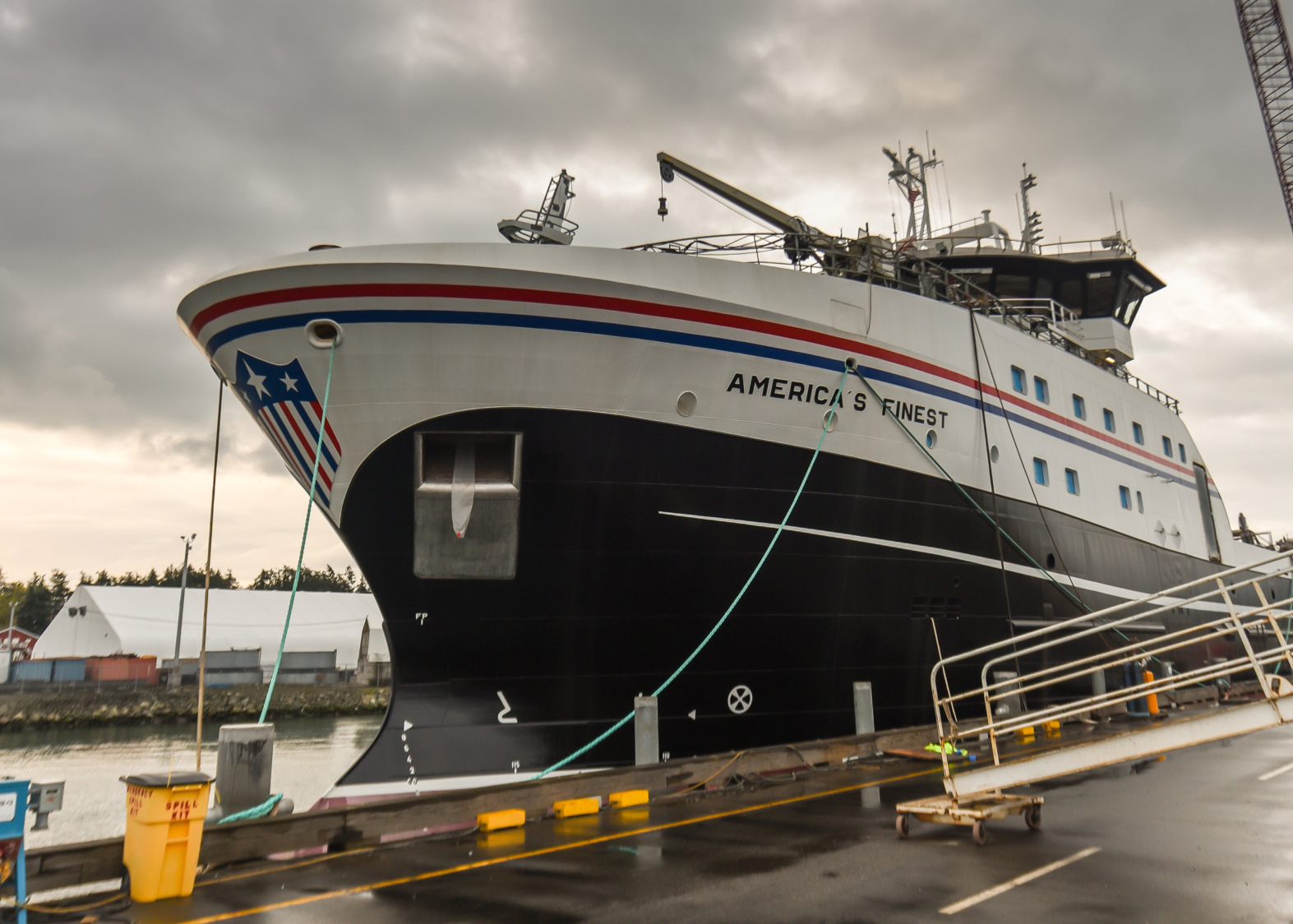America’s Finest was built at Dakota Creek Industries in Anacortes, Wash., which also launched the state-of-the-art Norwegian-designed longliner Blue North in 2015. Skipsteknisk, a Norwegian naval architecture firm, designed both vessels, as well as the flatfish trawler Araho, built at Eastern Shipbuilding in Florida and launched in 2017.
The Norwegian hull designs require a steel-bending process that is easier to do overseas, where the technique and technology is more common. But that pushed the limits of the Jones Act requirement that vessels delivering goods or people between U.S. ports be made of 98.5 percent U.S. manufactured steel. Bending the raw sheets to shape is considered manufacturing. Upward of 10 percent of the America’s Finest hull was bent in Holland.
The Coast Guard has 30 days to investigate the boat and its construction — if any evidence of intentional Jones Act violation is found, the waiver can be dismissed.
Now it’s up to the House to pass a companion bill, which is not expected until after Thanksgiving.







